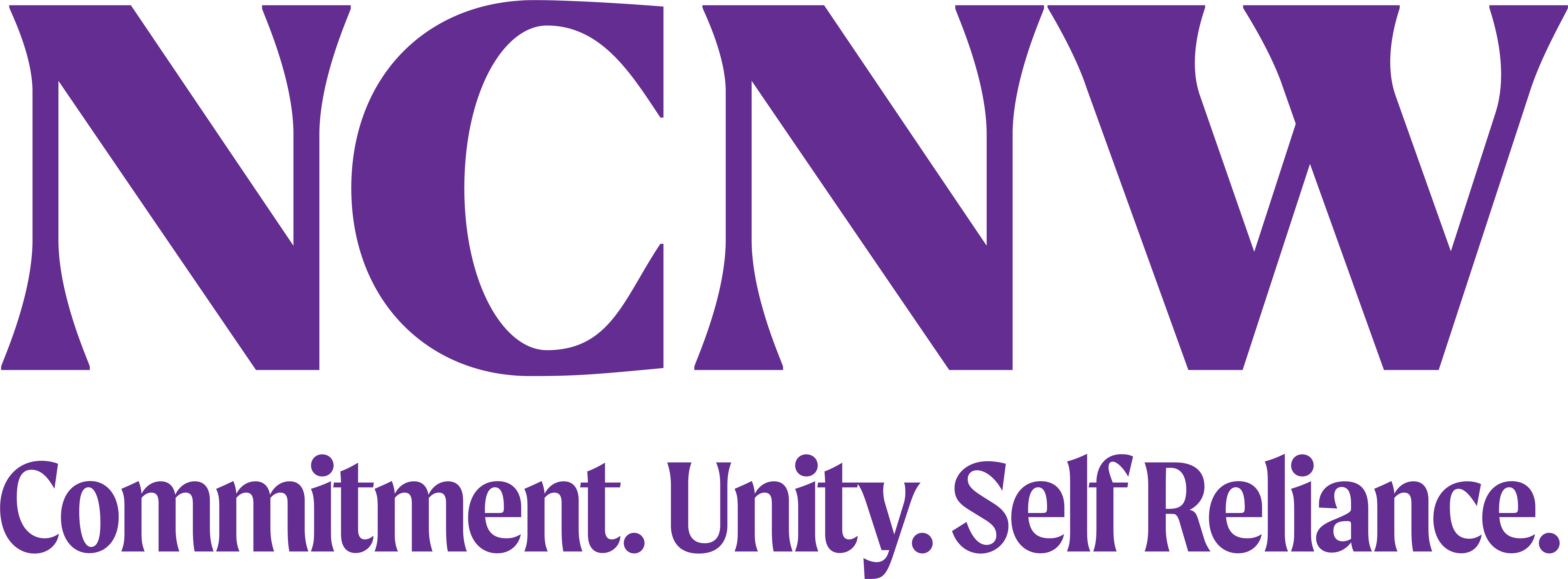AI-Powered Support: A New Dawn for Black Mental Wellness
September is National Suicide Prevention Month. This blog addresses Mental Health in Maternal and Child Care for African Americans through Artificial Intelligence (AI) Innovation. September marks National Suicide Prevention Month, and so it is a time to bring awareness to the importance of mental health of which suicide is a part and provide resources to those who are struggling. For African Americans, and particularly Black mothers and their children, the conversation around mental health is crucial.
According to the American Foundation for Suicide Prevention (AFSP), Black Americans are 20% more likely to experience serious mental health issues compared to the general population. Yet, despite the growing need, mental health services and resources often fall short of reaching this community.
The challenges are even more pronounced in the realm of maternal and childcare. Systemic racism, health disparities, and economic stress often compound the complexities of pregnancy, postpartum care, and raising children. Suicide is among the leading causes of death among women of childbearing age, and maternal mental health conditions such as postpartum depression significantly increase suicide risk. As this issue intensifies, innovative approaches, including the application of Artificial Intelligence (AI), could play a critical role in providing support to African American women and their families.
Postpartum depression (PPD) is often underdiagnosed and undertreated among Black women, who may be less likely to seek help due to stigma and distrust of the medical system. This reluctance to seek care, coupled with a shortage of culturally competent health professionals, creates a dangerous environment where many Black mothers suffer in silence.
Children of these mothers are also at risk. The mental well-being of a mother significantly impacts her child’s emotional and psychological health. The unique mental health challenges in maternal and childcare for African American mothers and their children compound the problem through the intersection of race, gender, and socioeconomic status placing African American women in a particularly vulnerable position. For Black mothers, the stress of navigating systemic inequalities, the pressure to succeed, and the challenges of accessing quality health care contribute to heightened mental health risks.

AI-Powered Support - A New Dawn for Black Mental Wellness
How AI Can Help Mitigate Suicide Risks in Black Maternal and Child Care
Artificial Intelligence is emerging as a promising tool in addressing mental health challenges, particularly in underserved communities. Here are several ways AI can make a difference:
1. Early Detection and Diagnosis
AI-powered platforms can analyze data from various sources, such as electronic health records, social media, and wearable devices, to detect early signs of mental health issues. These systems can flag patterns associated with depression, anxiety, or suicidal thoughts, enabling health professionals to intervene before the situation escalates. For Black mothers, early detection is vital, especially when symptoms of postpartum depression or other mental health disorders are often misdiagnosed or overlooked.
2. Personalized Mental Health Support
AI-based applications can provide tailored support through virtual therapy, chatbots, and digital health platforms. These tools offer accessible and affordable mental health resources, especially for women who face barriers to traditional therapy. AI tools can also help create personalized treatment plans that cater to the unique needs of Black mothers and their children, ensuring culturally competent care.
3. Reducing Stigma through Digital Platforms
One of the reasons many African American women hesitate to seek mental health care is the stigma surrounding mental illness. AI can help reduce this stigma by providing anonymous online support through apps and platforms that encourage engagement without fear of judgment. Virtual support groups, AI-driven counseling apps, and teletherapy services allow women to access help in private, on their own terms.
4. Expanding Access to Culturally Competent Care
AI can help match Black mothers with therapists or mental health professionals who understand their cultural background and experiences. By analyzing patient data and therapist profiles, AI-driven platforms can improve the chances of patients finding culturally competent providers. This is critical in maternal and child care, where understanding the nuances of a patient’s experience can make all the difference in treatment success.
5. Predictive Analytics to Prevent Suicide
AI can process large sets of data to predict suicide risks more accurately. By monitoring behavior changes, online activity, or physiological data, AI systems can alert caregivers, medical professionals, or family members when someone is at an elevated risk of suicide. These predictions can lead to timely interventions, reducing the risk of tragic outcomes.
In the face of these complex challenges, AI emerges as a beacon of hope, offering innovative solutions to support and empower Black individuals and families. AI-powered tools can aid in early detection and risk assessment, providing timely interventions for those at risk of suicide. Culturally competent chatbots and virtual assistants can offer a safe space for individuals hesitant to seek traditional mental healthcare, while personalized mental health resources can cater to the unique needs of each person.
By breaking down barriers and reducing stigma, AI can play a crucial role in increasing access to mental healthcare and fostering a culture of openness and support within the Black community. It’s time to move beyond the silence and embrace a new dawn of mental wellness, where technology and compassion work hand-in-hand to empower Black individuals to thrive.
AI is not a silver bullet, but it represents an opportunity to bridge the gap in care for vulnerable populations. As we look to the future, combining AI innovations with human compassion and culturally informed care could pave the way for a more supportive and equitable mental health landscape. By investing in AI-driven solutions and promoting mental health awareness, we can protect the well-being of Black mothers, children, and families — because every life matters.
A Call to Action: Breaking the Silence
National Suicide Prevention Month offers a time for reflection and action. For African Americans, especially Black mothers and their children, addressing mental health requires a community-centered approach. While AI can provide essential tools for detection, diagnosis, and support, we must also advocate for policy changes that expand access to mental health resources, train healthcare professionals in cultural competency, and encourage open conversations about mental health in the Black community.
Additionally, organizing Black Fairs exclusively for Mental Health would provide another source of Care. Besides getting out and interacting with each other (who share and understand your pain, a great deal of resources could be exchanged at such a fair.
The rejuvenating AI-generated image below depicts what could be. It is a bright, outdoor space with colorful banners and tents. It highlights interactions and connections between people, showcasing the power of collective support. It incorporates symbols of hope, healing, and growth, such as sunflowers, and butterflies. Finally, the image portrays a diverse representation of ages, genders, and expressions within the Black community. Such a showing of a vibrant and bustling Black Fair that is filled with diverse individuals and families engaged in activities promoting mental wellness will be instruments of healing in different communities. The Booths showcase information on mental health resources, self-care practices, and community support initiatives. Attendees are captured with warm smiles and expressions of hope, as they participate in interactive workshops, listen to inspiring speakers, and connect with mental health professionals. The atmosphere is uplifting and empowering, conveying a sense of community, resilience, and the pursuit of mental well-being.

Furthermore, the “strong Black woman” archetype, while a testament to resilience, can also inadvertently perpetuate a culture of silence around mental health issues. Similarly, Black children and adolescents face unique challenges that can impact their emotional well-being, from exposure to violence and discrimination to the pressures of navigating systemic inequities.
This blog highlights the importance of recognizing suicide risks in the Black maternal and childcare community, emphasizing the role of AI in providing innovative solutions to address mental health disparities.
https://www.catholiccharitieshawaii.org/national-suicide-prevention-month/

